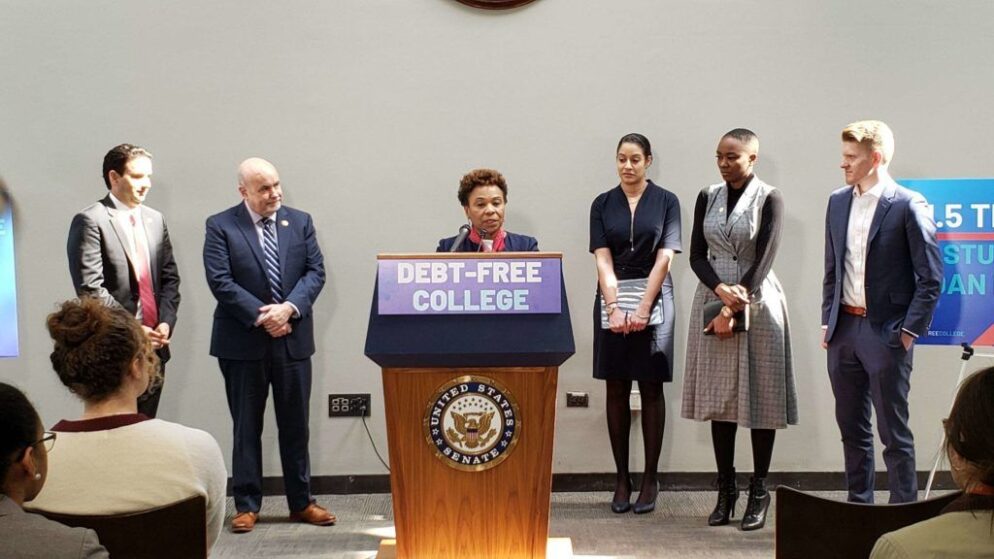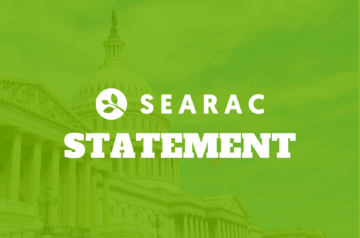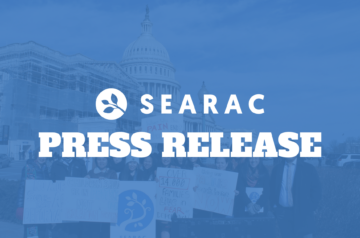Washington, DC – SEARAC applauds Sen. Brian Schatz’s (HI) introduction of the Debt-Free College Act of 2019 and Rep. Mark Pocan’s (WI-02) reintroduction of the House version of the bill. The bill would create a partnership between states and the federal government to increase investment into public higher education and help students in financial need attain a college education without going into massive debt.
Southeast Asian American (SEAA) students face unique challenges in higher education. Fifty-eight percent of Cambodian, 53.9% of Hmong, 59.3% of Lao, and 49.1% of Vietnamese Americans have not attended college for any period of time, compared to 39.6% of white students.1 As students from low-income, refugee communities where 11% of Lao families, 13% of Vietnamese families, 14.9% of Cambodian families, and 16.3% of Hmong families live below the poverty line,2 SEAA youth often struggle to bridge the gap between aspiring to attend college and achieving this goal. Moreover, Asian American students, including SEAA students, have the most unmet financial need compared to any other race/ethnic group.
Twenty-two percent of Asian American and Pacific Islander students receive Pell grants,3 and they would be among the first students to receive financial assistance from the bill’s federal-state partnership. The bill also requires states to commit to working with public institutions of higher education to reduce tuition and fees. This is critical in states with large SEAA student populations like California, where tuition nearly doubled in the University of California and California State University in just 10 years.4
“Southeast Asian American students struggle to overcome education disparity stemming from structural inequities they encounter as part of their refugee legacies,” said Quyen Dinh, executive director of SEARAC. “War, genocide, displacement, and the stressors associated with relocation continue to have devastating impacts on our young people’s educational outcomes. SEARAC applauds Sen. Schatz, Rep. Pocan, and their colleagues for recognizing this unique need that SEAAs and many other immigrant and refugee communities face, by introducing policy aimed at breaking down significant barriers to college access. We call on all members of Congress to follow their leads and ensure educational equity for all students.”




